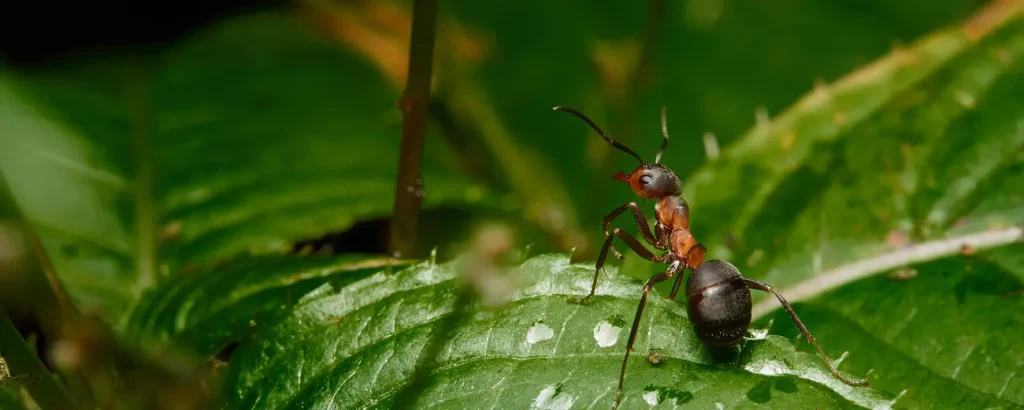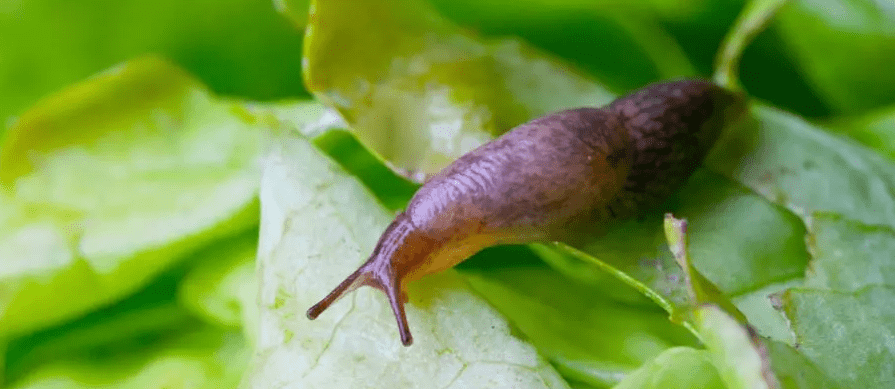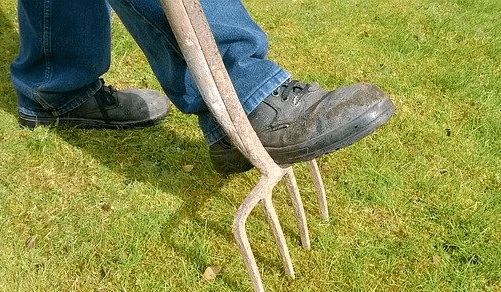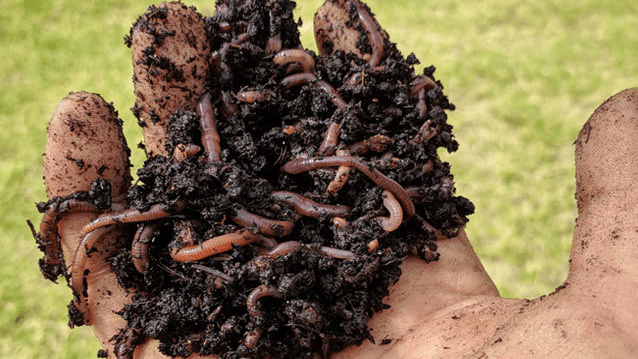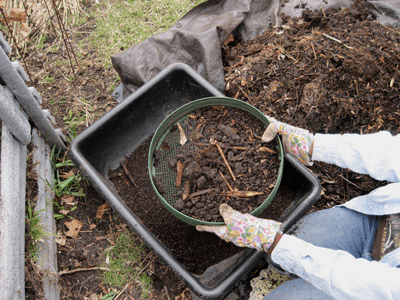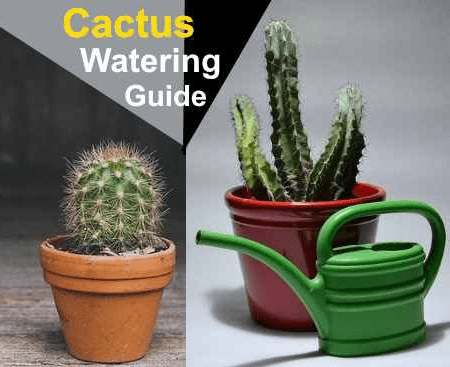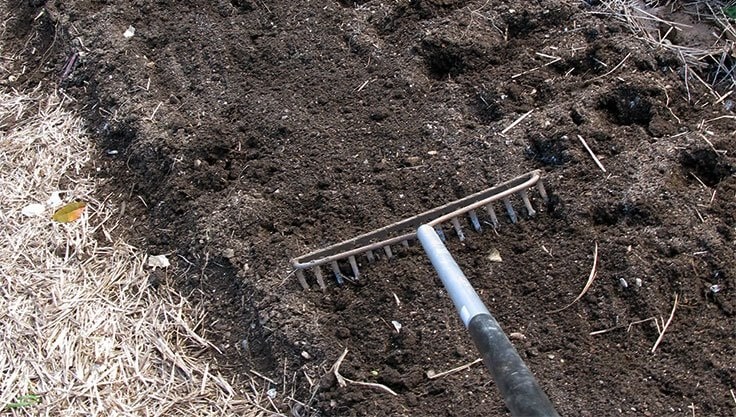Ants: Useful Creatures or Unwanted Guests? How to Repel Them Safely
Ants are beneficial creatures, but what can you do when they become a nuisance? With a little patience, they can be deterred and kept away. Here are some home remedies and methods to keep ants out—both indoors and in the garden.
Contents
Ants in the House: Home Remedies to Repel Them
- Sweep up any ants that enter the house immediately and release them outside.
- Sprinkle cinnamon at affected areas and drizzle with concentrated lavender oil.
- Place cloths soaked in these substances near entry points and keep them moist.
- Clean floors with lemon vinegar or acetic acid to erase the scent trails that ants use to navigate.
Preventing Ants Indoors
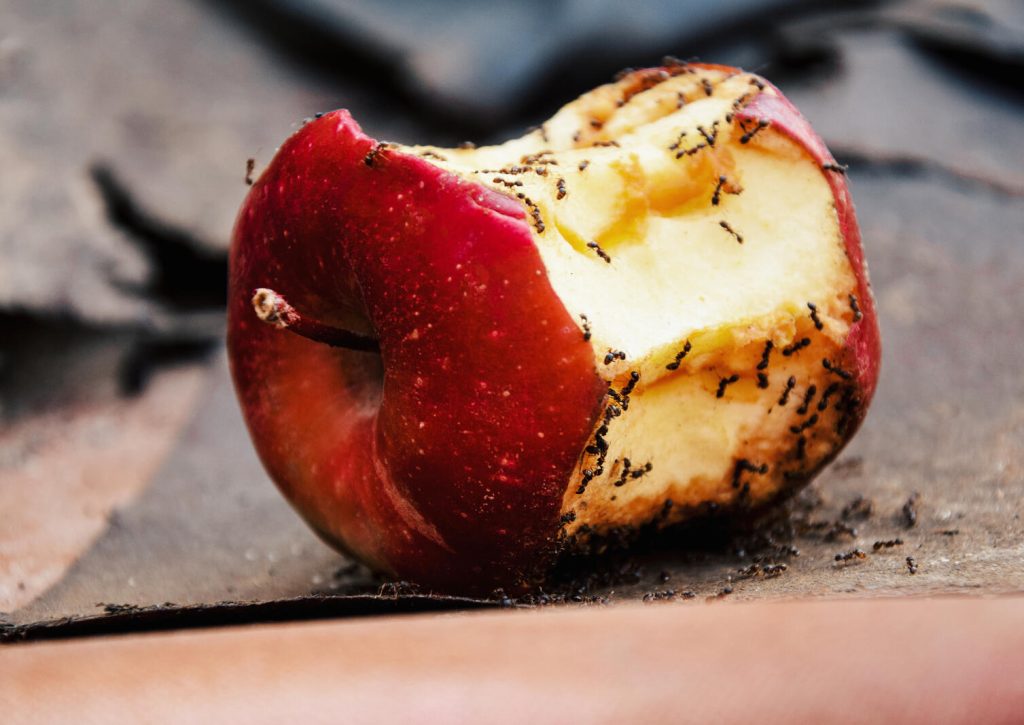
To prevent ants from invading:
- Avoid leaving food scraps, especially sweets, on terraces or indoors.
- Eliminate nesting sites around the house, such as decaying wood or damp areas.
- Seal access points with silicone.
- Use chalk, lime, or crushed eggshells to break or redirect ant trails on patios.
Repelling Ants in the Garden
- Disturb the nest: Regularly poke or turn over the nest with a small shovel or stick.
- Create an unpleasant environment: Watering, weeding, and fertilizing with nettle manure can discourage ants from settling.
- Dusting: Sprinkle rock dust or algae lime over dark soil to make it less inviting.
- Watering: Ants dislike damp soil, so frequent watering can drive them away.
- Replanting: If ants inhabit plant pots, repot the plant or water it thoroughly to encourage them to leave.
- Use strong scents: Some herbs, such as wormwood, tansy, peppermint, lavender, rue, thyme, or marjoram, can help deter ants. Mulch with these plants and refresh the mulch regularly.
- Apply plant-based sprays: Teas made from peppermint, wormwood, garlic, or tansy can be poured over problem areas, similar to nettle manure.
Relocating an Ant Nest: A Humane Method
If ants have built a nest in an inconvenient spot, you can try to relocate the entire colony:
- Fill a 5-liter clay pot with damp straw, moist wood wool, wet newspaper, or soil.
- Invert the pot over the ant colony and press it down slightly to stabilize it.
- Seal the drainage hole with a stone or wet newspaper.
With luck, the ants (including their queen) will move into the pot within a few days, especially if the weather has been cold and wet. You can then carefully lift the nest with a board or shovel and transfer it to a more suitable location. Since not all relocations succeed, you may need to try several times.
Ants as Beneficial Insects
Ants play a vital role in a natural garden. As omnivores, they perform essential ecological functions. Studies show that plants in ant-rich areas grow better and more abundantly than those in ant-poor zones.
In compost piles, ants improve aeration through their nest structures. Their tunneling brings organic material into the soil—an activity even more impactful than that of earthworms.
Under shrubs and trees, ants do no harm; in fact, they help control harmful insects by scavenging dead insects and spreading plant seeds. Many early bloomers (e.g., winter aconite, snowdrop, and corydalis) rely exclusively on ants for seed dispersal.
Some plants even “employ” ants as bodyguards. For example, in spring, ants patrol fruit trees and prevent caterpillars and beetles from damaging buds. Additionally, ants farm aphids for their sweet honeydew, which is also used by bees to produce forest honey. Observing an ant colony in action can be a fascinating experience for the whole family.
Natural Predators of Ants
Many animals feed on ants, including toads and lizards. Various bird species, such as the Eurasian wryneck and the grey-headed woodpecker, depend almost entirely on ants for food. Robins and black redstarts also consume ants frequently. The green woodpecker, in particular, requires ants to feed its young. Maintaining cavity trees and deadwood benefits these birds, ensuring a healthy balance in your garden.
A diverse garden provides the best conditions for a stable, natural ecosystem.

